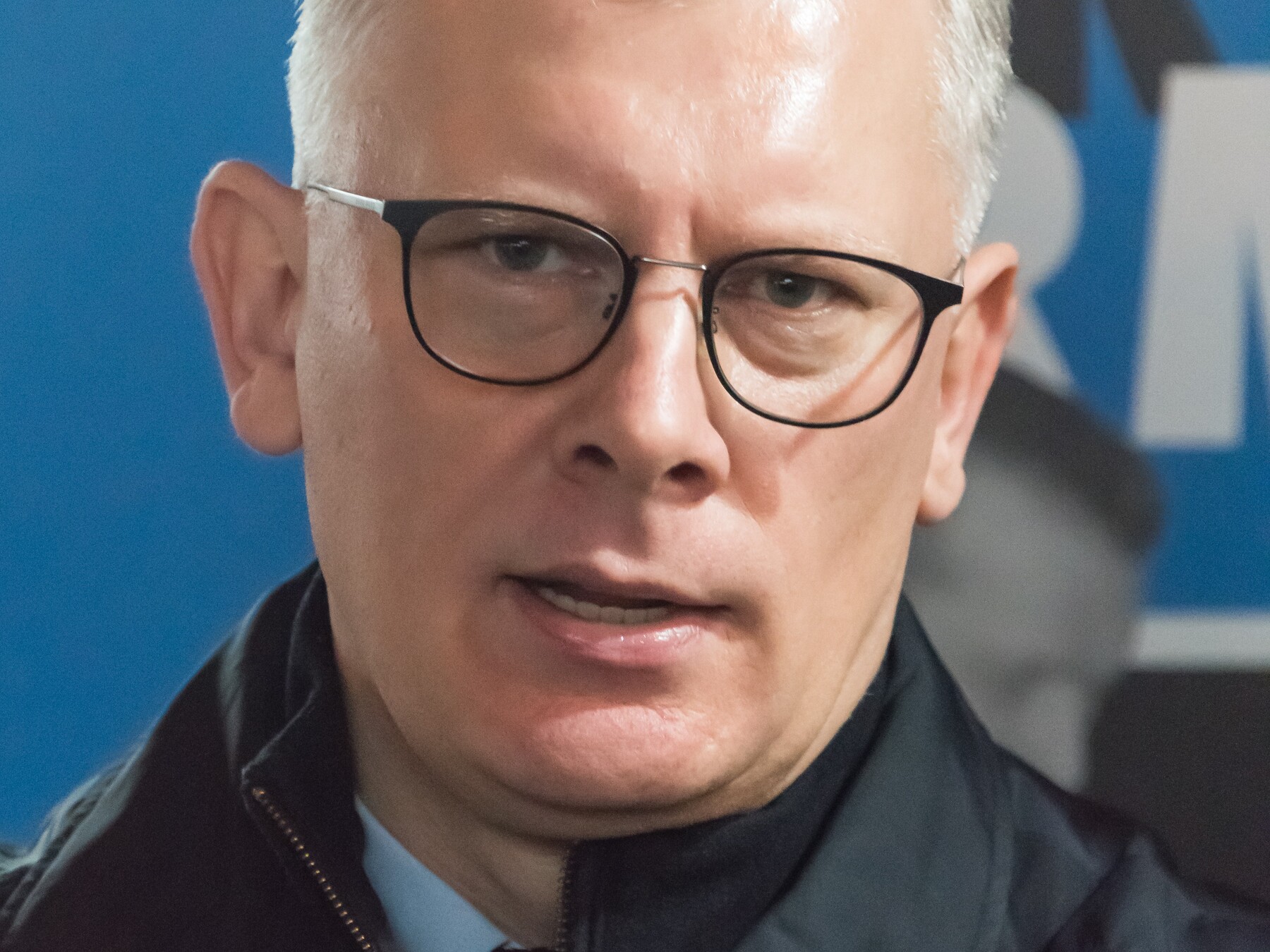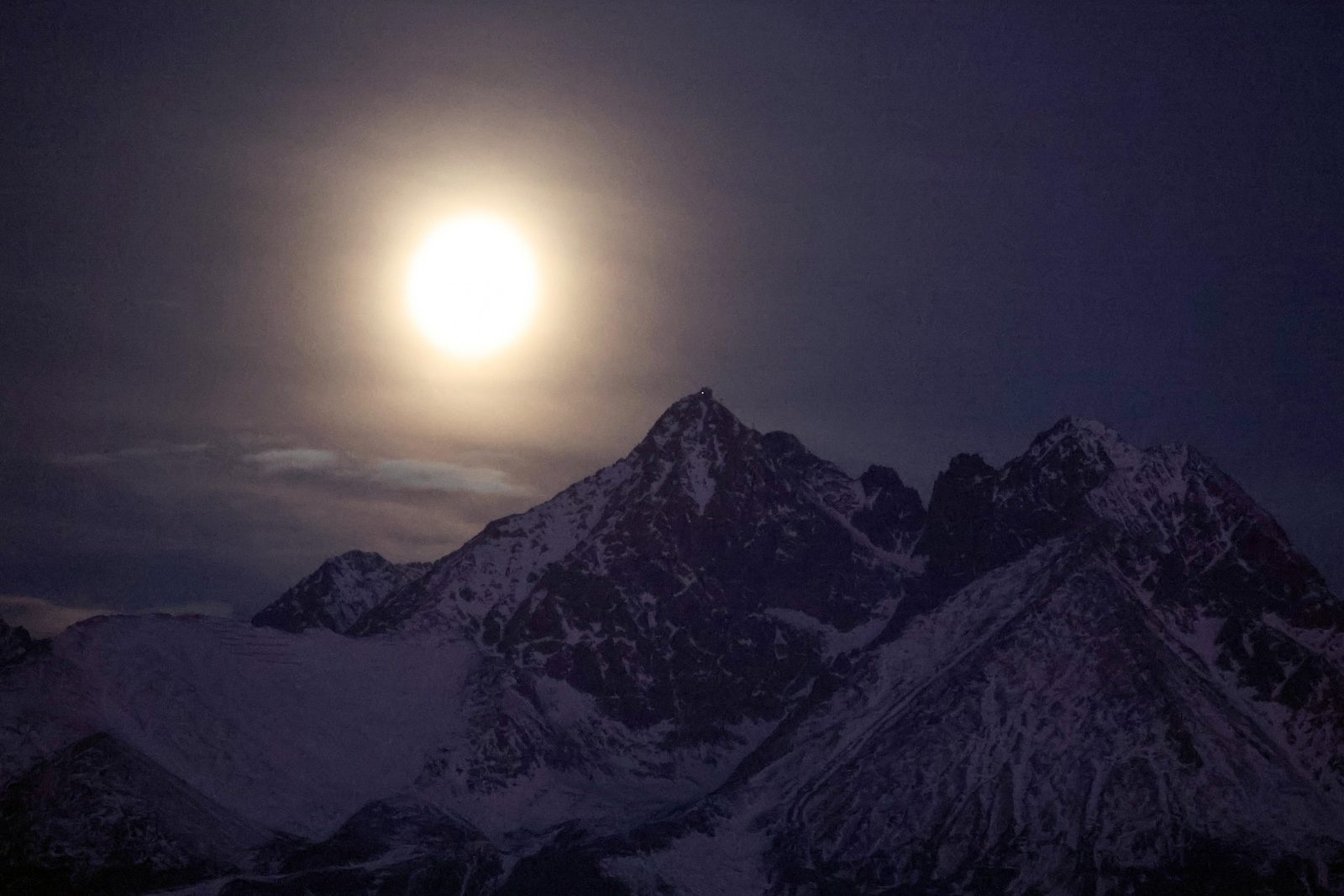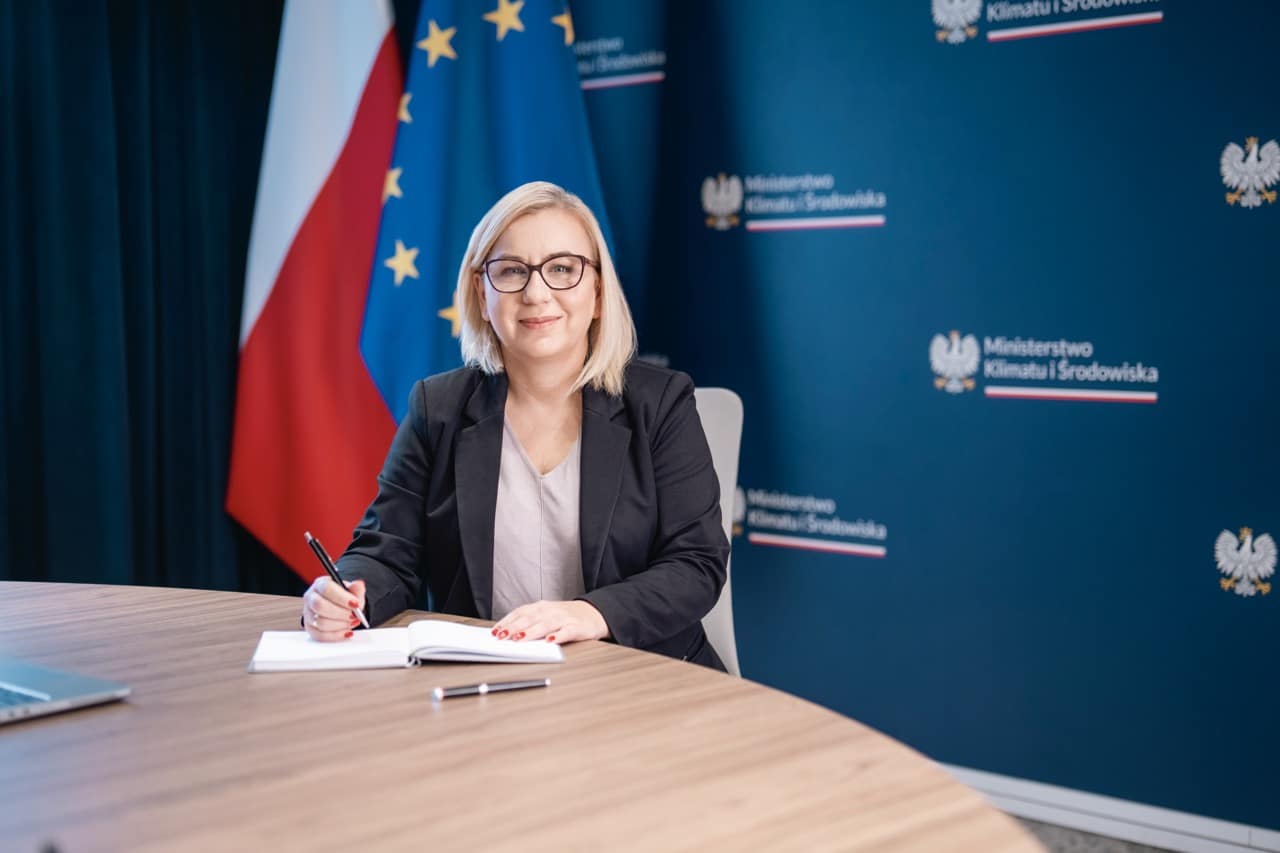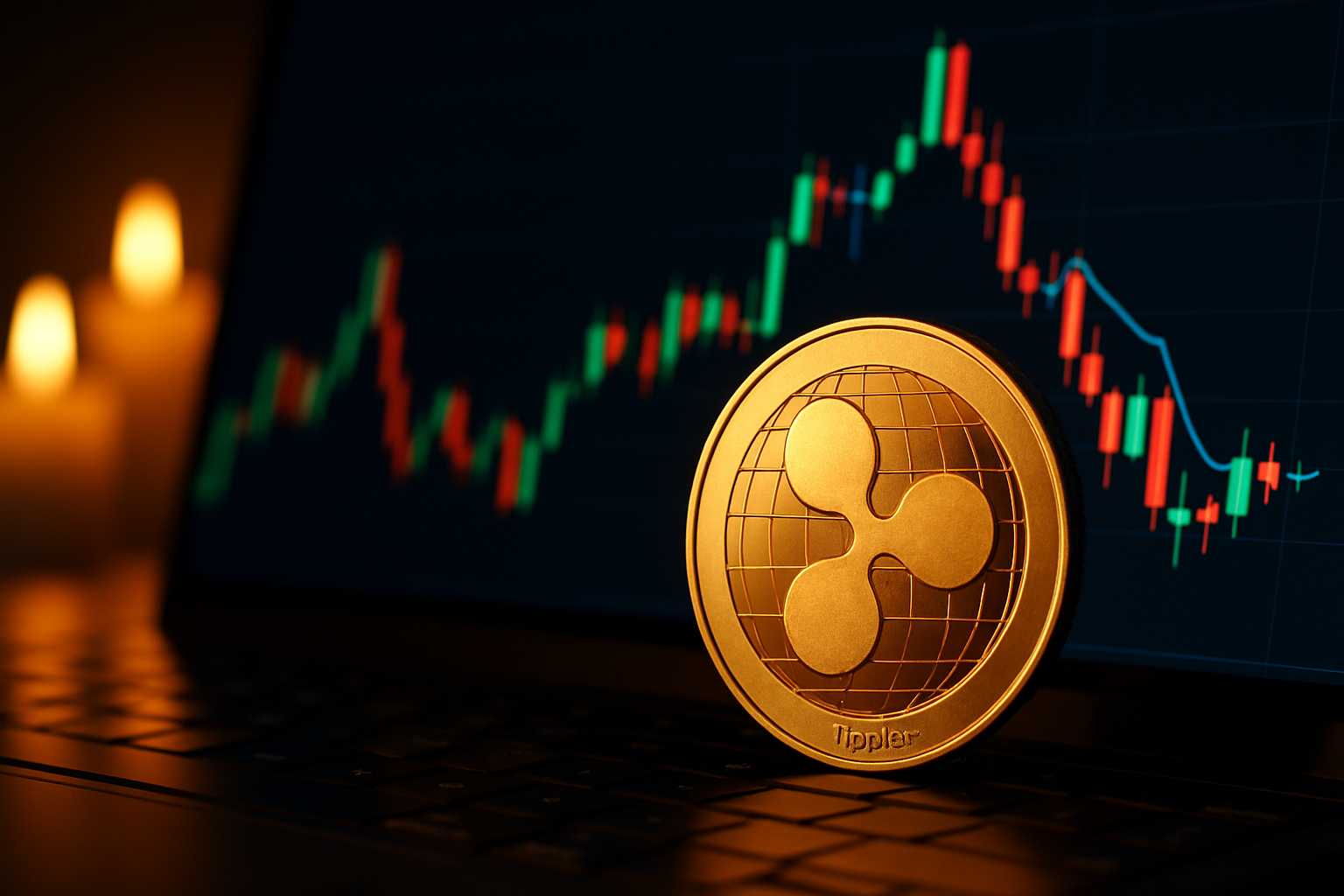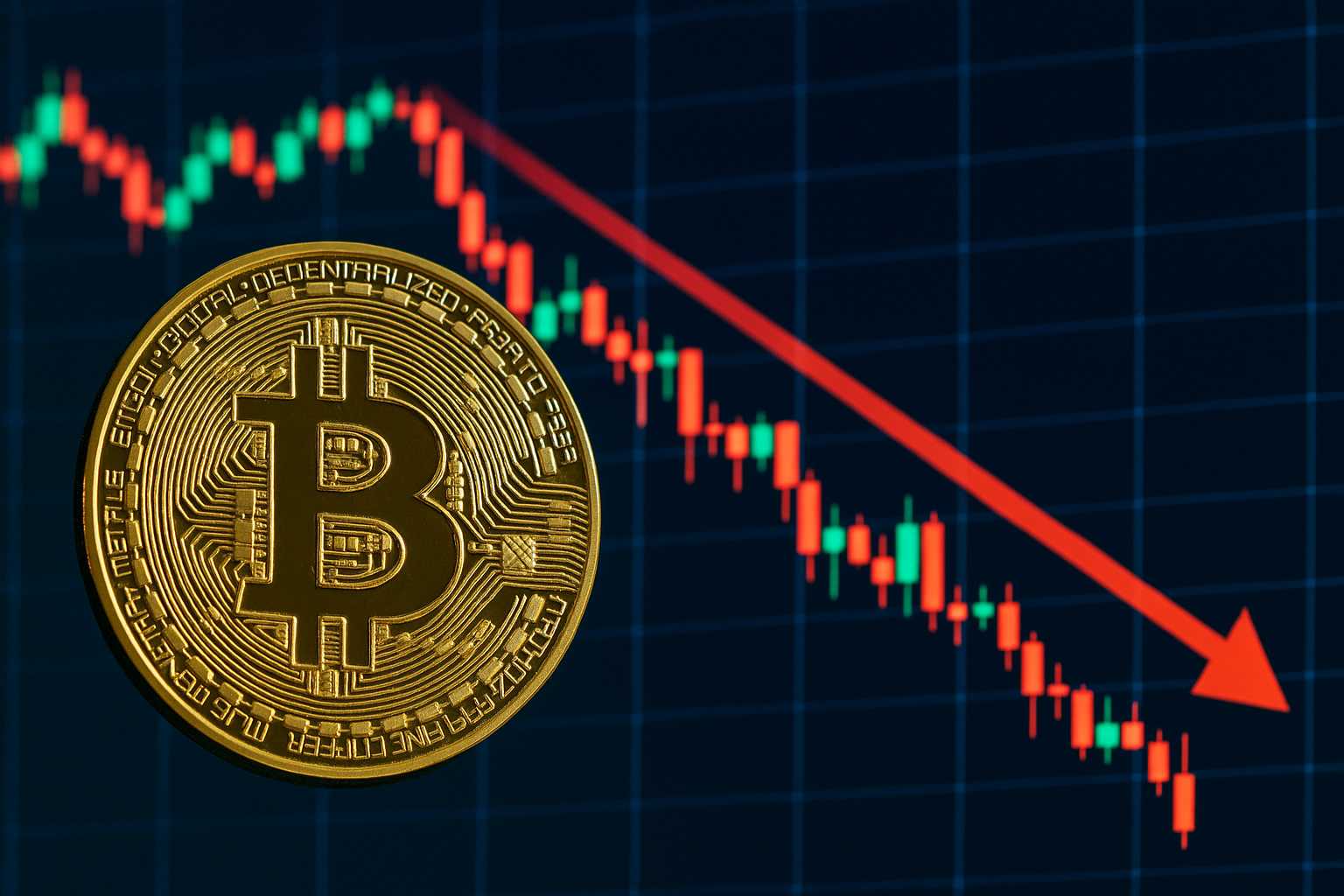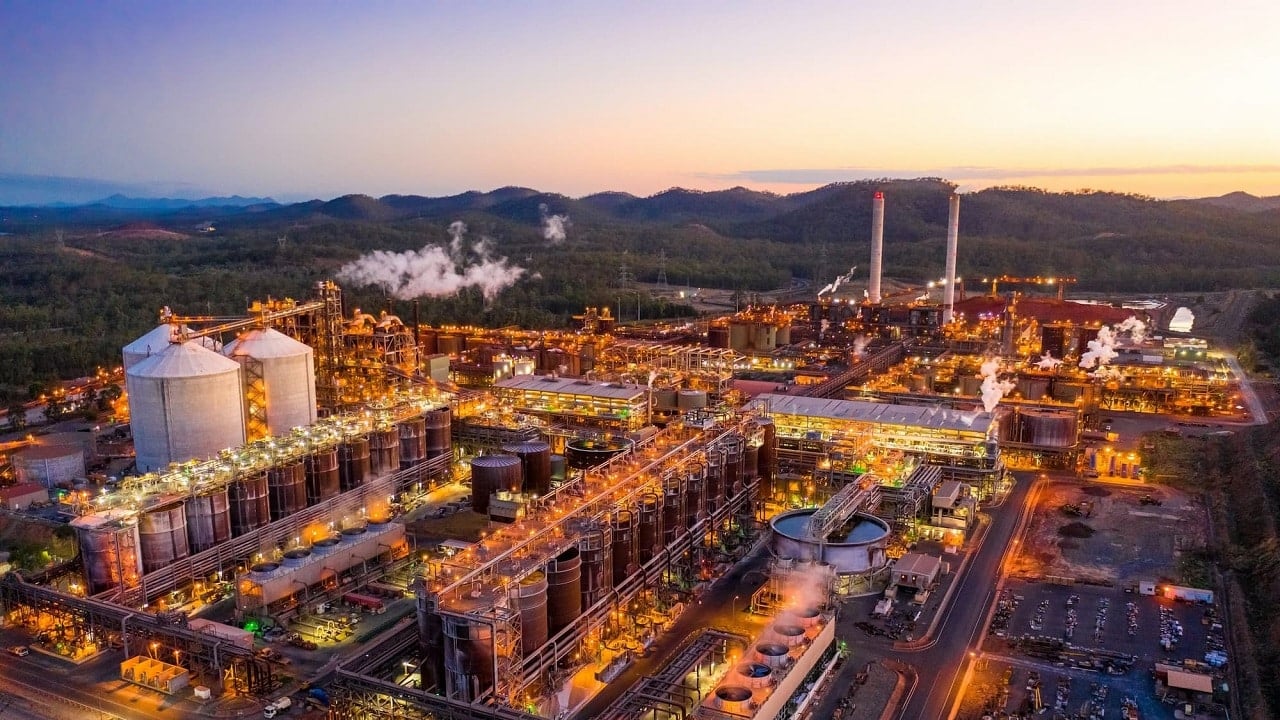Armenia is frequently considered the most Christian country in the South Caucasus region due to its long past as the first nation to adopt Christianity as a state religion. Armenia officially adopted Christianity in the year 301 AD, making it the first nation to do so. While the region around Armenia has diverse spiritual affiliations, Armenia itself has a predominantly Christian population, with a large percent adhering to the Armenian Apostolic Church.
As of 2011 most Armenians in Armenia are Christians (97 per cent) and are members of the Armenian Apostolic Church, which is 1 of the oldest Christian churches. It is noteworthy that the Armenian Apostolic Church in its full past has never been a purely religious, or even a predominantly spiritual structure. From the minute of its formation, it was primarily a state institution and had political and state support. In 2018, however, and in the wake of the Velvet Revolution and the changes in government, church-government relations sharply deteriorated. The sour relations reached an unprecedented highest this May, erstwhile Prime Minister Nikol Pashinyan personally led propaganda against the church, accompanied by the usage of offensive language in the public domain, even leading to the arrest of high-level clergymen.
This unprecedented anti-church run can only be compared to the early russian times erstwhile discrediting propaganda against the church became part of the state mechanism: higher clergymen were arrested, and the Church was deprived not only of its material base but besides the chance to carry out educational, propaganda and social activities. At the same time, it is hard to measure the current church-government conflict in Armenia as a purely interior political reality of the country. The conflict between Pashinyan and the head of the church, Catholicos Garegin II, threatens to deepen the division in society, impinge on the results of next year’s elections and negatively affect the peace negotiations with Azerbaijan, leaving an impact on the full region.
Yet, context and analysis are essential in order to realize where the incentives of this process originate and where they may lead. This includes taking into account the processes that have been ongoing since the 19th century in the West, and the reflections of which have besides been observed in the Armenian context during the last 200 years. This refers to secularization and the issue of separation of church and state, which, originated in Europe, has fundamentally spread throughout the West, and present is already extending all over the world.
As Nelson Maldonado-Torres has written “Secularism has in many ways become the religion of the modern world”, yet classical theories of secularization contain generalized and teleological premises that are at odds with the complexities of empirical reality and the historical record. The diverse interpretations of secularism have produced more debate than consensus especially in postcolonial/post-Soviet nations specified as Armenia. These are realities that appear as a cumulative process of many phenomena, both nonsubjective and subjective, and everything that is happening in Armenia present should be considered in this context. In essence, what today’s authorities are implementing as a policy towards the Armenian Apostolic Church is only part of larger geopolitical processes.
Today we live in a different context and global processes have led to the church becoming enclosed, limited within the framework of its spiritual and cultural activities. This is besides stipulated by the constitution of Armenia; “in the Republic of Armenia, the church is separate from the state, and the Republic of Armenia recognizes the historically exceptional function of the Armenian Apostolic Church in the spiritual life of the Armenian people, in the improvement of national culture, and in the preservation of national identity”.
Nevertheless, there is simply a conflict of interest here. Even if the constitution enshrines the national background of the Armenian church and its nation-preserving, culture-creating activities throughout history, in today’s realities, the church, as the most established and powerful institution, is besides an important, concrete political origin for the state. Policy towards the Armenian church present cannot be based only on abstract and formal legal principles: separation of church and state, “secular state”, etc. especially since they are borrowed from another historical environment, in which they have centuries of past and evolvement, in the case of Armenia, they are completely devoid of historical ground.
In another words, regardless of the realities we are dealing with present in the context of the separation of church and state, we must besides consider the church as a political tool, due to the fact that we must admit that the Armenian Apostolic Church is the largest public institution in Armenia. The Armenian Apostolic Church is much larger than even the Republic of Armenia, and being 1 of the most influential and vital public institutions, it cannot stay distant from politics, nor refrain from responding or expressing an opinion on very crucial and besides fateful issues of national and state significance. This is not a phenomenon which is purely personalized or conditioned by individual ambitions, but is simply a part much larger, global processes; a part of which has reached Armenia. And present we are in that reality.
Russia vs West: who is behind?
Along with all this, a discourse is actively unfolding in Armenian expert and public circles, according to which the conflict between the Armenian church and the authorities is considered as a symptom of the Russia vs. West “civilizational” or value-based clash. In the same circles, they besides consider it no coincidence that the situation in Moldova is about the same, and in Ukraine there are brutal persecutions against the Orthodox Church. Especially the pro-Russian circles in Armenia are inclined to the thought that the Pashinyan is tightening the rules of the game inside the country, making arrests, being assured that he will not receive any criticism from the outside, as it has been negotiated with the West, specifically with the EU. This belief was further enshrined with a fresh post by Emmanuel Macron, the French president, on his social media, in which he expressed his solidarity “in consequence to attempts to destabilize Armenia’s democracy”.
A Kremlin-affiliated propaganda channel intensified its activity with the arrest of Samvel Karapetyan, a billionaire of Armenian descent with Russian citizenship, who had publically expressed his support for the Armenian church. Prominent Russian public and cultural figures, without taking turns, condemned this step by the Armenian authorities, and already in fresh days, Russian abroad Minister Sergey Lavrov called the attacks on the Armenian Apostolic Church as “extremely worrisome and unjustified”. Lavrov’s message was immediately followed by a harsh response from the Armenian abroad minister, Ararat Mirzoyan, urging him “not to interfere in the interior affairs of the Republic of Armenia”.
Against the backdrop of all this, pro-western analytical circles in Armenia are convinced that the Kremlin, which is curious in destabilizing the situation in Armenia and promoting chaos, may be behind the coup effort in the country through the church. Even if the current weakened government stays in Armenia, its dependence on the Kremlin will only increase in specified unstable conditions.
We can only conclude that it is concerning that the political statements against the church hazard provoking a civilian conflict in Armenia, and the situation could get out of control at any moment, especially considering that the church is frequented by 90 per cent of the Armenian population. A church-state conflict besides raises concerns about escalating tensions in the region amid Yerevan’s fragile efforts to normalize relations with Azerbaijan and Turkey.
Anna Vardanyan is an independent journalist, political analyst and investigator based in Armenia.





